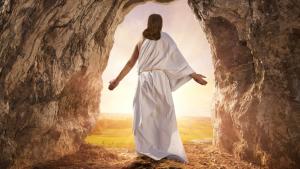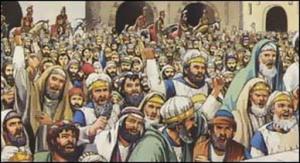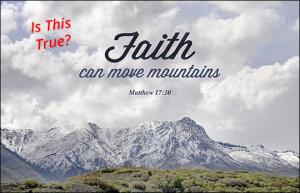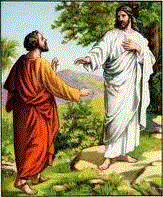Stories of Jesus, from Temptation to Cross
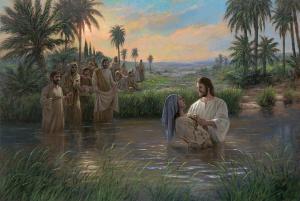
From John, the last of the Gospel writers, we learn something about Jesus that the earlier, usually more historical, Gospels neglect. Jesus probably was a disciple of John the Baptist. During that time he carried on his own baptizing ministry. (John 3:22) Eventually Jesus parted ways with John the Baptist.
This part of series “Stories of Jesus and the Character of God” looks at a few episodes of Jesus’ journey from Temptation to Cross. The whole series looks at Jesus for clues to what God is like. This is the 14th in the series. Developing Table of Contents for the series here.
Mark reports the end of the Baptist’s mission in half a sentence—“after Herod had John imprisoned….” Then Jesus gets down to his own distinctive work. A more or less quiet disciple of John the Baptist up to that time, he would have heard John urging people to repent of their sins. They should accept baptism in preparation for a day of judgment soon to come. Jesus’ message and work adds some important notes to John’s.
Not the style of John the Baptist
It was more than a message that separated Jesus from John the Baptist. John and Jesus both left the ordinary life in community of first-century Palestine, but in different ways. John made his home territory the wilderness around the Jordan River, and seekers and sorrowful people came to him. Jesus, without any home at all, wandering from place to place to be with all sorts of people. It was a style that fit a message about God’s coming to dwell with people.
Reports about John don’t include any miracles, but miracles were an important part of Jesus’ ministry and message. They showed that God was close to the poor and powerless and dismissed conventional uses and places of power.
John the Baptist sent messengers to Jesus to ask if he were the “one who is to come” or if another would be coming. Apparently John was having doubts about the way Jesus operated. Jesus answered without saying a word about himself or who he was:
Go and tell John what you hear and see: the blind receive their sight, the lame walk, the lepers are cleansed, the deaf hear, the dead are raised, and the poor have good news brought to them. And blessed is anyone who takes no offense at me. (Matthew 11:4-6)
That last part is odd. Why would anyone take offense? Scribes and priests might. They were the ones vested with authority to, for example, declare a person free of leprosy or free of the “sin” of debt. In Jesus they saw someone transgressing on their territory.
But Jesus doesn’t take ownership of any marvelous deeds. He simply names things that are happening. In a parable Jesus explains, or rather names, the mystery. It’s
… as if someone would scatter seed on the ground, and would sleep and rise night and day, and the seed would sprout and grow, he does not know how. (Mark 4:26-27)
‘The image of the invisible God’ (Colossians 1:15)
Jesus proclaimed:
This is the time of fulfillment. The kingdom of God is at hand. Repent, and believe in the gospel (i.e. good news). (Mark 1:15)
These mysterious phrases – “time of fulfillment,” “kingdom of God” “good news” don’t sound like things Jesus is doing. These are things that are happening. Jesus announces them. When Jesus says “at hand,” it sounds like Jesus is anticipating some radically new things, and even he doesn’t know quite what or how. Jesus participates in them in sometimes surprising ways, but it’s not Jesus’ show.
Jesus admonished his disciples:
When you have done all you were commanded to do, say, “We are worthless servants. We only did what we were obliged to do.” (Luke 17:10)
He also applied this thought to himself:
For the Son of Man came not to be served but to serve. (Mark 10:45)
If Jesus is the image of God on earth, then that saying tells us service ranks pretty high up among God’s own qualities. We often think of God as the one whom we serve, but perhaps it goes equally, and even first of all, the other way around.
We too are God’s image, created as such. That doesn’t describe an invisible, spiritual part of us. Like: We’re special because we have a soul or a mind that can think abstract thoughts. Rather, it describes and prescribes a way of being unique, as far as we know, to the human race—in, with and for a world of created things and people.
Image credit: McNaughton Fine Art via Google Images



